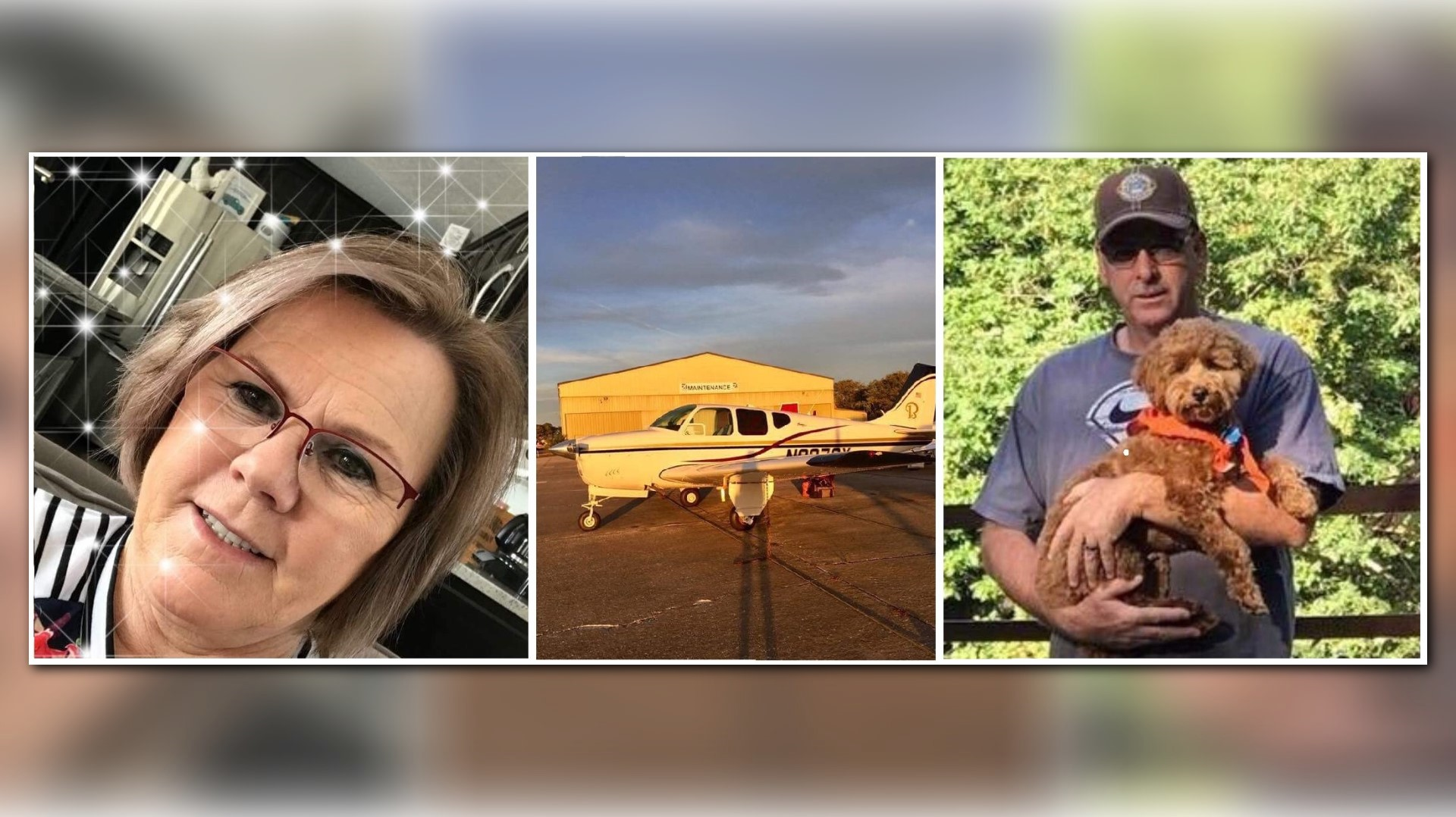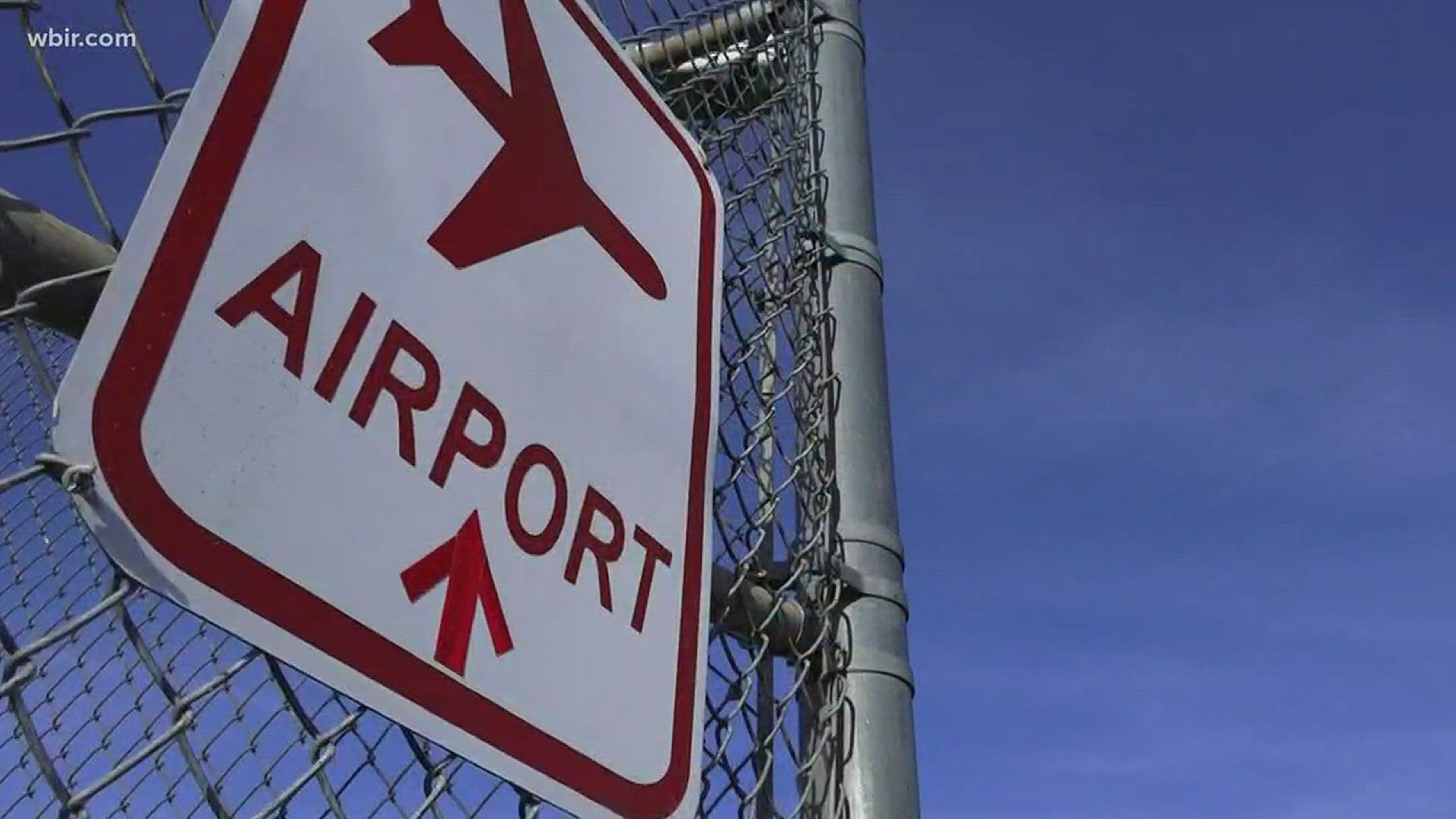It was 16 hours alone, trapped in a crashed plane.
David Maxwell lost his wife Vicki, and had to spend the night in the plane he was piloting before he was rescued.
It happened in Scott County near Old Jamestown Road.
Scott County Sheriff Ronnie Phillips said the plane crashed Tuesday afternoon and was spotted Wednesday morning by a USDA helicopter from wildlife management while they were hog hunting.
"You sit there," clinical psychologist Diana McCoy said. "And it's quiet all around you."
Imagining the worst is one thing.
"You wait," McCoy said. "And you wait. And you wait."
Living it is another.
"I mean, how long would you wait before you went into a panic state?" McCoy said.

But imagining is all clinical psychologist Diana McCoy can do when looking at what David Maxwell went through.
"This is real trauma," McCoy said.
He spent more than 16 hours alone, lying near his wife, who at some point passed away after their plane crashed in Scott County yesterday afternoon. The couple's dog was with them in the plane and survived the crash.
"It likely involved this man experiencing extreme anxiety at the time of impact," said McCoy. "A sense of helplessness and fear as time went by, to the point of really profound despair."
The despair would've chilled his heart, and temperatures in the 20s overnight would've chilled his bones.
Mayo Clinic says hypothermia can set in quickly, depending on how cold it is.
You can experience shivering, confusion or slow shallow breathing.
Doctors say your body temperature can drop quickly, affecting how your organs work, and if it's not treated, it can kill you.
McCoy said the mental toll trauma takes is heavy as well.
"It's really going to be a matter of his resiliency, what kinds of trauma he's had in the past, because the more trauma we have, the harder it is actually for us to cope with trauma," McCoy said.
McCoy said Maxwell could be suffering from survivor's guilt, especially because he was the pilot.
"Those are things that he will be processing," McCoy said. "Whatever sense of responsibility he may feel--'if I had done this, if I had done that.'"
Friends and family can help him move forward, but they have to have an open mind.
"Let them know that you're there," McCoy said. "You're willing to listen. If he doesn't want to talk that's okay, if he just wants to go to a movie together, or if he just wants companionship, if he doesn't, that's fine too."


